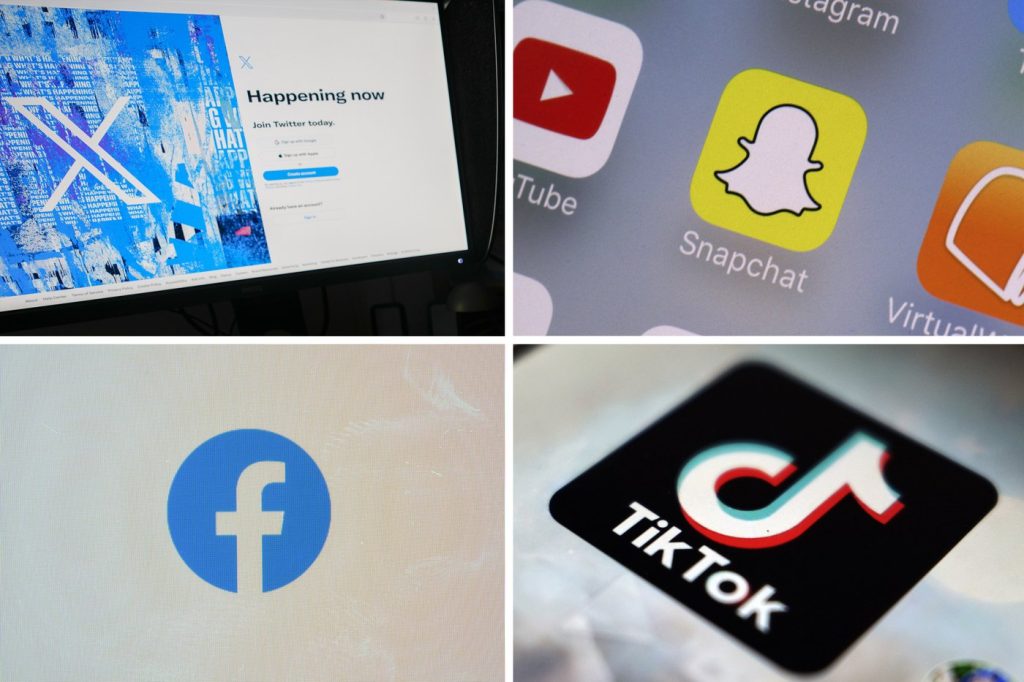Nepal's recent crackdown on social media companies has led to widespread protests, resulting in the tragic loss of at least 19 lives. This action is part of a concerning global trend where governments, even in democracies, are increasingly seeking to curtail online speech and control narratives. The Nepalese government cited a failure of platforms like Facebook, X, and YouTube to comply with local registration requirements as the reason for blocking these services. Following the violent protests, the ban was lifted just a day later.
Experts like Aditya Vashistha, an assistant professor of information science at Cornell University, noted that Nepal's actions are representative of a broader pattern in the region, with similar tactics employed by neighboring countries such as India, Pakistan, and Bangladesh. Nepalese authorities have insisted that social media companies appoint local liaisons and adhere to new laws aimed at monitoring social media. However, critics argue that these laws serve primarily as tools for censorship, punishing those who voice dissent.
Kian Vesteinsson, a senior research analyst at Freedom House, emphasized the need for governments to regulate social media while warning that drastic measures like total bans can disproportionately harm millions, impacting their ability to communicate, conduct business, and access vital information.
Freedom House's report indicates that global internet freedom has declined for the 14th consecutive year as governments crack down on dissenting opinions online. Although China remains known for having the worst conditions for internet freedom, Myanmar shared this designation in the past year. Nepal was not tracked in these assessments, indicating a gap in understanding its specific internet freedom challenges.
In recent developments, India passed a telecommunications law that grants the government extensive powers to restrict online communication and surveil users. A 2020 law further subjected platforms like Facebook to direct government oversight under the pretext of combating misinformation and hate speech. Critics assert that such measures only exacerbate existing issues related to digital freedoms.
In January, Pakistan's parliament approved a bill allowing the government to exert significant control over social media and penalize users spreading disinformation. This trend of increasing regulation under the guise of safety and control has implications for freedom of expression in these nations.
Freedom House has labeled internet freedom as a fundamental aspect of modern democracy, asserting that a functional democracy in the 21st century requires a trustworthy online space where individuals can freely express themselves and access information. Unfortunately, regulations often disguise restrictive measures, hindering the very freedoms they claim to protect.
The contempt for free speech in Nepal is compounded by laws demanding social media platforms to limit anonymous postings while also tackling serious issues like human trafficking. The Committee to Protect Journalists emphasized the negative implications of Nepal's sweeping social media ban for freedom of expression and journalistic work.
In response to the recent censorship, there has been a significant rise in the use of virtual private networks (VPNs) in Nepal, with some providers reporting an 8,000% increase in sign-ups since early September. VPNs allow users to obscure their location to bypass government restrictions on the internet. However, experts caution that while VPNs offer a potential workaround, they may not be practical for everyone due to costs and potential performance issues.
Social media companies like Google, Meta, X, and TikTok have not commented on the situation. Vesteinsson insists that these companies hold a crucial responsibility to protect users' privacy, especially for vulnerable groups such as human rights defenders facing government repression.











